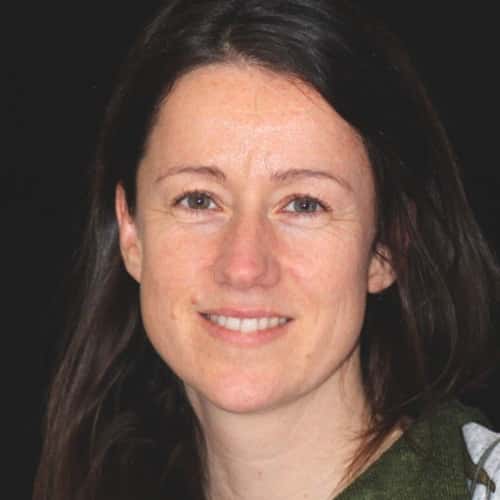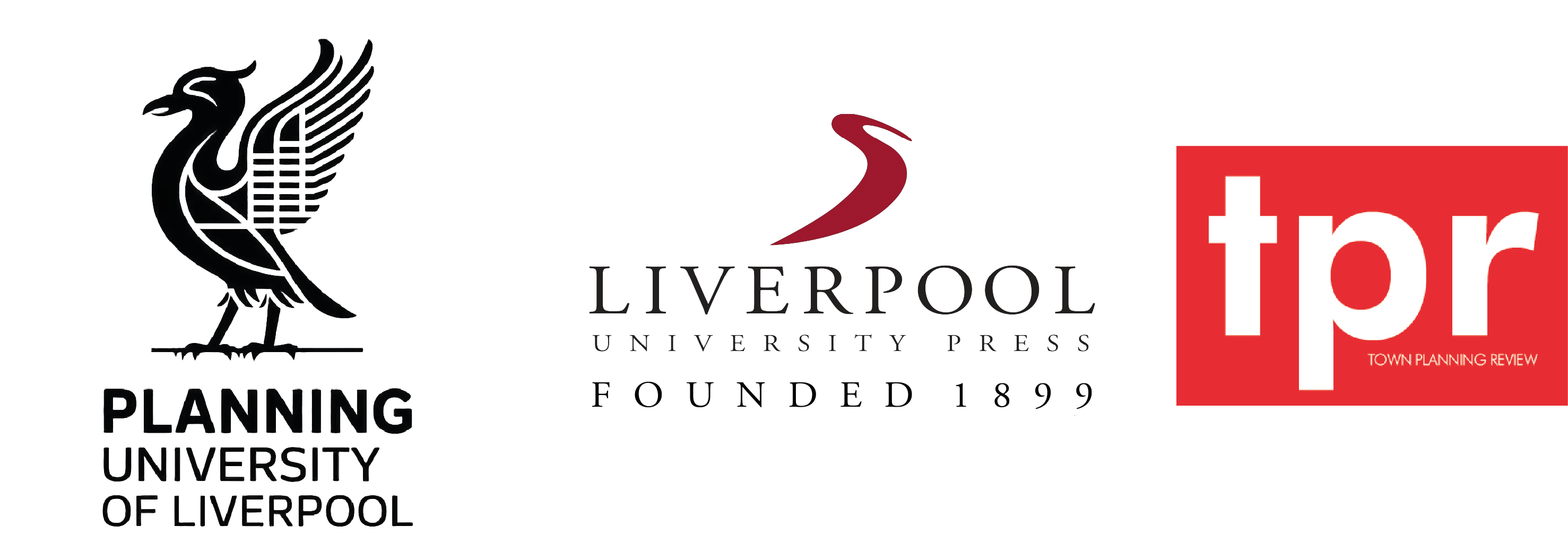KEYNOTES
The keynote speakers and the abstracts of their keynotes for the Heads of Schools Meeting 2025 Liverpool, UK
SPEAKERS

Nick Small
KEYNOTE 1 - Liverpool’s Local Planning and Inclusive Growth
Liverpool is a growing city which is currently in the process of updating its local planning framework and is committed to the pursuit of inclusive growth. Councillor Small will provide an overview of the progress towards these goals and some of the exciting developments that are happening in the city. The council is developing an agenda around three cross-cutting themes of Climate action and environment, Inclusion and equalities, and Innovation and transformation. These are backed by six strategic pillars - Pillar 1: A strong and fair economy for all; Pillar 2: High quality and inclusive education, skills and employment; Pillar 3: Thriving communities; Pillar 4: Healthier lives for children and adults; Pillar 5: A well-connected, sustainable and accessible city; Pillar 6: A well-run Council. Councillor Small will outline how through pursuing these Liverpool is seeking to foster inclusive growth and deliver enhanced and legitimate governance for the city and its diverse areas and communities.
Nick Small is Cabinet Member for Growth and Economy at Liverpool City Council and has political responsibility for the Liverpool Local Plan. Nick’s professional background is in management consultancy and specialises in working with social enterprises, charities and co-operatives to measure and improve their social and economic impact. Nick represents City Centre North ward on Liverpool City Council and has served as a local councillor since 2004.

Lucy Natarajan
KEYNOTE 2 - Engaged Urban Pedagogy: reflecting on participatory practices and legitimacy in planning education
Drawing on the framing of an Engaged Urban Pedagogy (Natarajan & Short, 2023), participatory approaches to teaching built environment subjects can be seen a distinctive praxis for planning education. In response to the theme of the conference, I reconsider the associated moments of ‘opening up’ academia. These occur most visibly in the expansion of ‘classrooms’ via diverse techniques of linking higher education to live place-making processes, for example using co-design exercises or podcasting assignments. Points of curricula review are also highly relevant, where course content is de/reconstructed in light of (e.g.) urban pasts, race, queer identity, lived experiences, or changes in professional practice. Further activities beyond formal university teaching are also implicated, for instance where school-age children, alongside university students and researchers, learn about their own positionalities in relation to planning. While such engagements are directed at students’ active learning and inclusivity as a societal contribution and teaching practice, they might also shape perceptions of future planners and legitimacy of planning education. As academics engage in planning matters and support certain urban directions, they are leveraging relationships, communicative technologies, and situated knowledges for pedagogic purposes. This brings into view issues of cultural expectations, institutional dynamics, and the positioning of research-led teaching relative to contemporary built environment professions.
Lucy Natarajan is an Associate Professor based at the Bartlett School of Planning, UCL. She has a background in quantitative and qualitative research, and conducted major research programmes for stakeholders in the public, private and charitable sectors. Her work helped establish the Place Alliance and the UK's Low Income Diet & Nutrition Survey, as well as the Global Planners Network capacity studies and Commonwealth State of the Cities reporting. She is currently editor of Built Environment, Secretary General of Territoire Europe, and Steering Group member of UK2070 Commission.
Natarajan, L., & Short, M. (2023). Engaged Urban Pedagogy: Participatory practices in planning and place-making. UCL Press.

Jonathan Metzger
KEYNOTE 3 - Attention economics, artificial intelligence, and the future legitimacy of the planning profession
Attention economics concerns itself with the study of the allocation of attention, conceptualized as a scarce resource. In this presentation I will relate fundamental insights from attention economics to recent advances in a specific type of artificial intelligence known as Large Language Models (LLMs), the most famous of which is probably OpenAIs GPTx models. I will argue that the development leap known as the ”LLM revolution” can be expected to have a fundamental impact on planning practice. However, we should be careful not to stare ourselves blind on the expectation that LLMs will deliver superior ”intelligence”. Rather, it may be more helpful to think of them as providing relatively cheap ”synthetic competent attention”, considering that attention scarcity rather than information/knowledge scarcity is the true bottleneck within many contexts of contemporary planning practice. The presentation will tease out the implications of such a perspective, with a particular focus on what this could mean for the future of the planning profession and its legitimacy.
Jonathan Metzger is at Professor at KTH Royal Institute of Technology, Stockholm. His PhD was in Economic History. Most of his research addresses decision-making concerning complex environmental issues – generally with a focus on urban and regional planning, policy and politics. His work is often related to and finds inspiration in research debates within the subject areas of Planning Studies, Human Geography, STS (Science- and Technology Studies) and Organizational Studies. He sits on the board of a number of academic journals including European Planning Studies, Planning Theory and Planning Theory and Practice.


